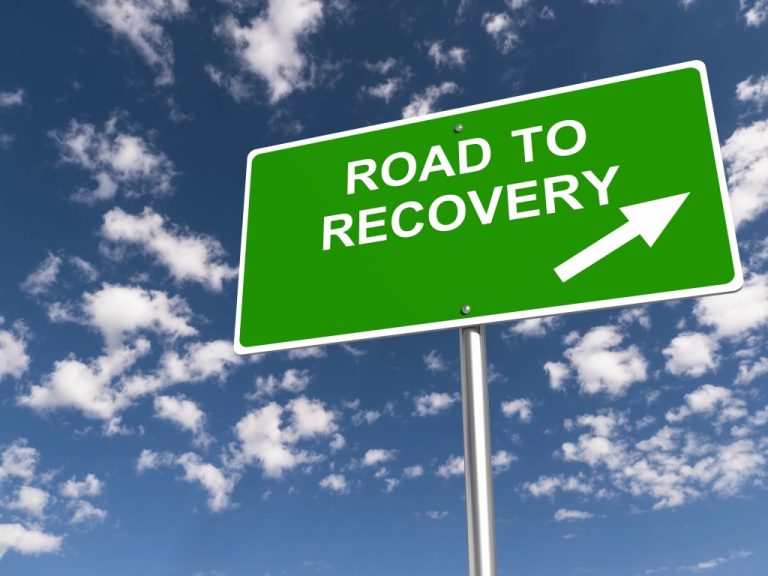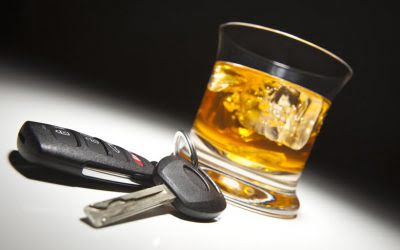Content
You can also trade the “drinks” dates with your friends for dates to take a walk, go to a workout class, or just grab dinner, because honestly, you don’t need alcohol in every social situation. When you ditch the alcohol, however, you won’t have those sleepy-yet-restless nights. “Being sober will actually help you sleep and have you feeling more restful and energized in the mornings,” says Zeitlin. That overall sluggishness and lack of sleep that come from alcohol may contribute to consuming more calories and weight gain, research published in Nutrition and Diabetes shows. At first, when I went to a party and someone offered me a drink that was already poured, I’d take it, say thanks, and hand the drink off to a friend. Occasionally, I just awkwardly sipped it because I didn’t want to say no and have to explain why.
Over time, heavy drinking can cloud your perception of distances and volumes, or slow and impair your motor skills. But if you quit, your brain seems to be able to regain some of these what happens when you stop drinking alcohol abilities. Once the body is free of alcohol, the brain can begin to heal itself but long-term recovery from alcoholism requires continued support and lifestyle modifications.
Lower Your Blood Pressure
Becoming more aware of your alcohol triggers and reasons for drinking can help you plan ways to help manage the urge to drink. From monthlong sobriety challenges to the Sober Curious movement, more and more people are taking a closer look at the role alcohol plays in their lives. In general, alcohol hampers your immune system, making you more likely to get sick than if you weren’t drinking, says George F. Koob, Ph.D., director of the National Institute on Abuse and Alcoholism.

Ineffective treatment programs, you can learn how to augment the positive effects of quitting drinking with therapy, group work and one-on-one attention from medical and clinical professionals. Building effective coping skills and getting to the root of addiction is paramount at this juncture in the quitting alcohol recovery timeline. Symptoms can range from headache, elevated blood pressure, heart palpitations, and nausea and vomiting to tremors, hallucination and in severe cases death. Drinking in excess can also put you at risk for certain cancers, diabetes, and liver disease, among other grim conditions.
Can You Mix Zoloft and Alcohol? The Risks of Drinking with SSRI Antidepressants
While many think drinking alcohol before bed will help them nod off and stay asleep, it’s quite the opposite. Excess alcohol consumption may cause weight gain, which means that cutting out alcohol could lead to weight loss for some people. If you’re a heavy drinker, you’re at an increased risk of developing certain diseases, such as cancer, heart disease, and stroke. However, when you stop drinking, your risk of developing these diseases decreases. Like other symptoms, the impact on mood depends on the amount and duration of your alcohol use. For light or moderate drinking, you might experience a more temporary, mild effect on mood.
- If done correctly, detox is the first meaningful step in the recovery process.
- And stopping drinking could make feelings of stress easier to deal with.
- Regular, heavy drinking interferes with chemicals in the brain that are vital for good mental health.2 So, while you might initially feel relaxed after a drink, alcohol can contribute to feelings of depression and anxiety.
- Additionally, alcohol also affects the brain’s reward system by increasing dopamine levels, leading to feelings of pleasure and euphoria.
“Quitting drinking can improve a person’s sleep, but there may still be a significant number of people who continue to have sleep problems even with continuous abstinence,” Volpicelli says. One study found that around 70% of participants had sleep problems when they were admitted for alcohol treatment. That number dropped to 50% when the participants went home, and many reported that their sleep quality got better after treatment.
Mental Health Benefits of Quitting Alcohol
The American Society of Clinical Oncology adds that limiting or quitting alcohol while you’re having cancer treatment may help you avoid complications. This includes cancer recurrence or the development of secondary primary tumors (SPTs). When you quit drinking, you’ll probably notice that the colds, flu, and other illnesses you always seem to catch happen less often. When you do get sick, you’ll probably feel like you recover more easily when you’re sober. Alcohol can also trigger the release of chemicals called endorphins and raise levels of the “feel good” hormone dopamine.
- Cirrhosis of the liver (liver disease) can occur over time in those who drink excessively.
- If your blood pressure, pulse, or body temperature rises, or if you have more serious symptoms like seizures and hallucinations, seek medical care immediately (dial 911).
- In fact, alcohol use can make you more susceptible to pneumonia, for example, and predispose chronic drinkers to things like infections and even poor wound healing.
- Depending on the person, Kumar said she sometimes suggests cutting back on alcohol to lose weight.
It’s common to have a difficult time when making big changes, but good self-care practices can help you manage overwhelming feelings and take care of your mind and body. What’s most important is looking at your drinking habits and finding a way to cut back that works for you. But maybe you’re unsure about quitting completely and don’t want to hold yourself to that goal. Knowing why you drink is essential, says Cyndi Turner, LCSW, LSATP, MAC, a Virginia therapist specializing in addiction treatment and alcohol moderation. Maybe you don’t think you depend on alcohol exactly, but you still wonder whether you might be drinking too much. When your body breaks down alcohol, your liver has to clear the metabolic byproducts, Dr. Leavey says.
Decrease the risk of heart disease
(Less water in the body equals parched-looking skin.) Ruddiness in your cheeks and around your nose may also start to fade, and other skin conditions—such as dandruff, eczema, or rosacea—may also improve, Raskin says. Being dependent on alcohol can cause physical withdrawal symptoms like shaking, sweating or nausea. If you have these symptoms if you miss a drinking session, it can be dangerous to stop drinking completely too quickly without proper support. Typically, those who join the sober curious movement don’t consider themselves to have an alcohol abuse disorder — they simply find that periods of sobriety offer more than drinking in moderation might.

Once you have gone through withdrawal, you’ll also need a plan to remain alcohol-free. Start by talking to a healthcare provider about the treatment options for alcohol dependence. When a person drinks heavily, frequently, or for prolonged periods of time, their brain compensates for alcohol’s depressant effects by releasing more stimulating chemicals (compared to when a person does not drink). In addition to the health benefits, when you stop drinking for any amount of time it automatically saves you money. In severe cases of withdrawal when symptoms are not treated, a person may experience generalized tonic-clonic seizures, delirium tremens, and even death.
